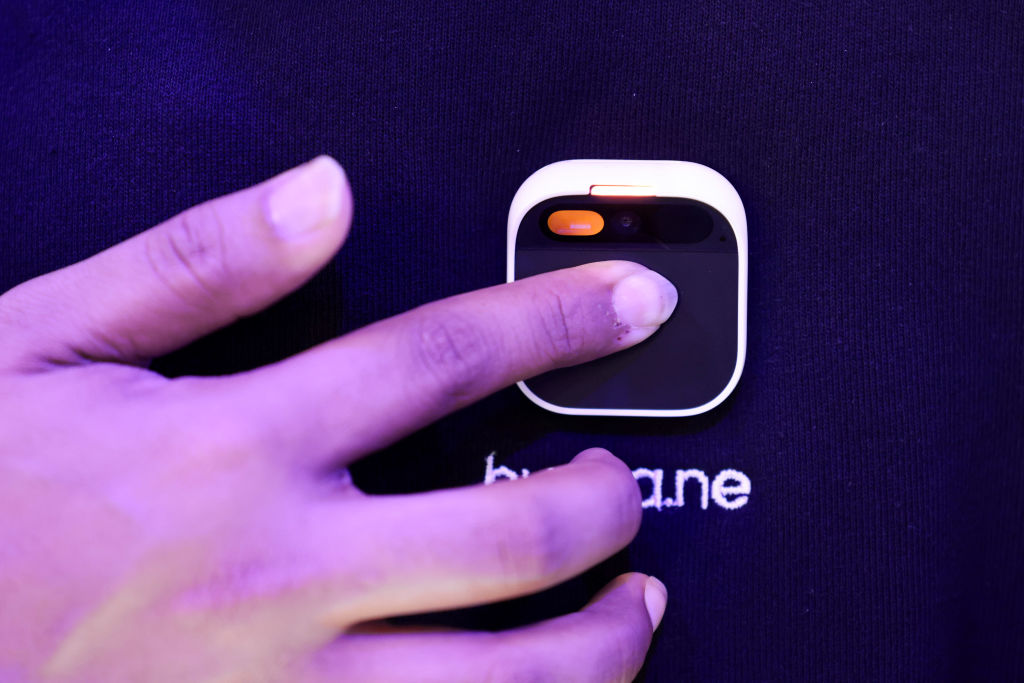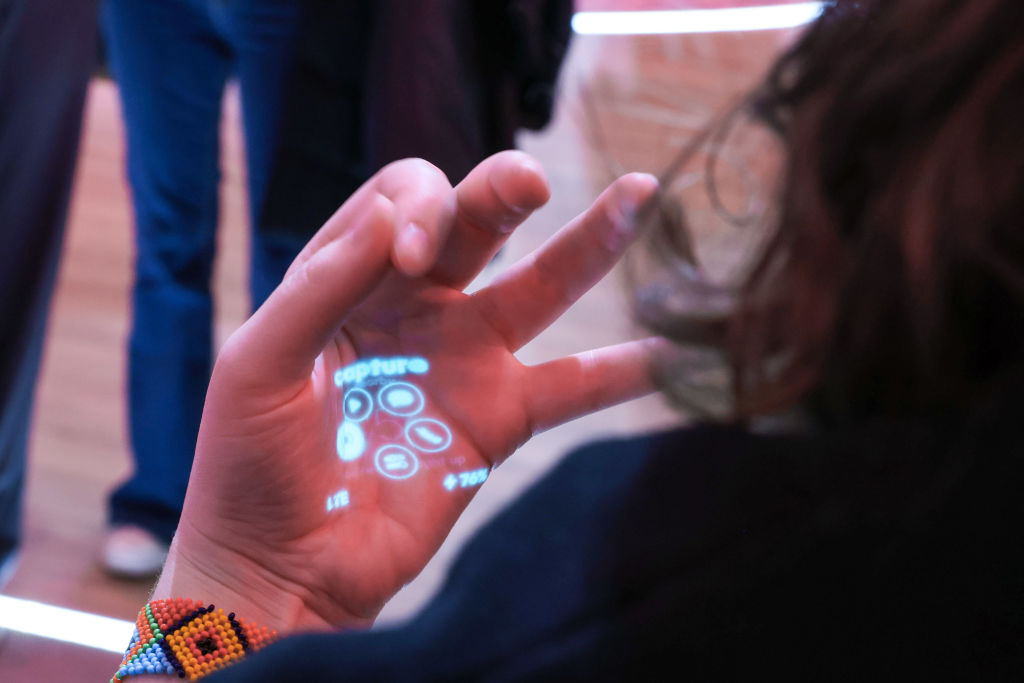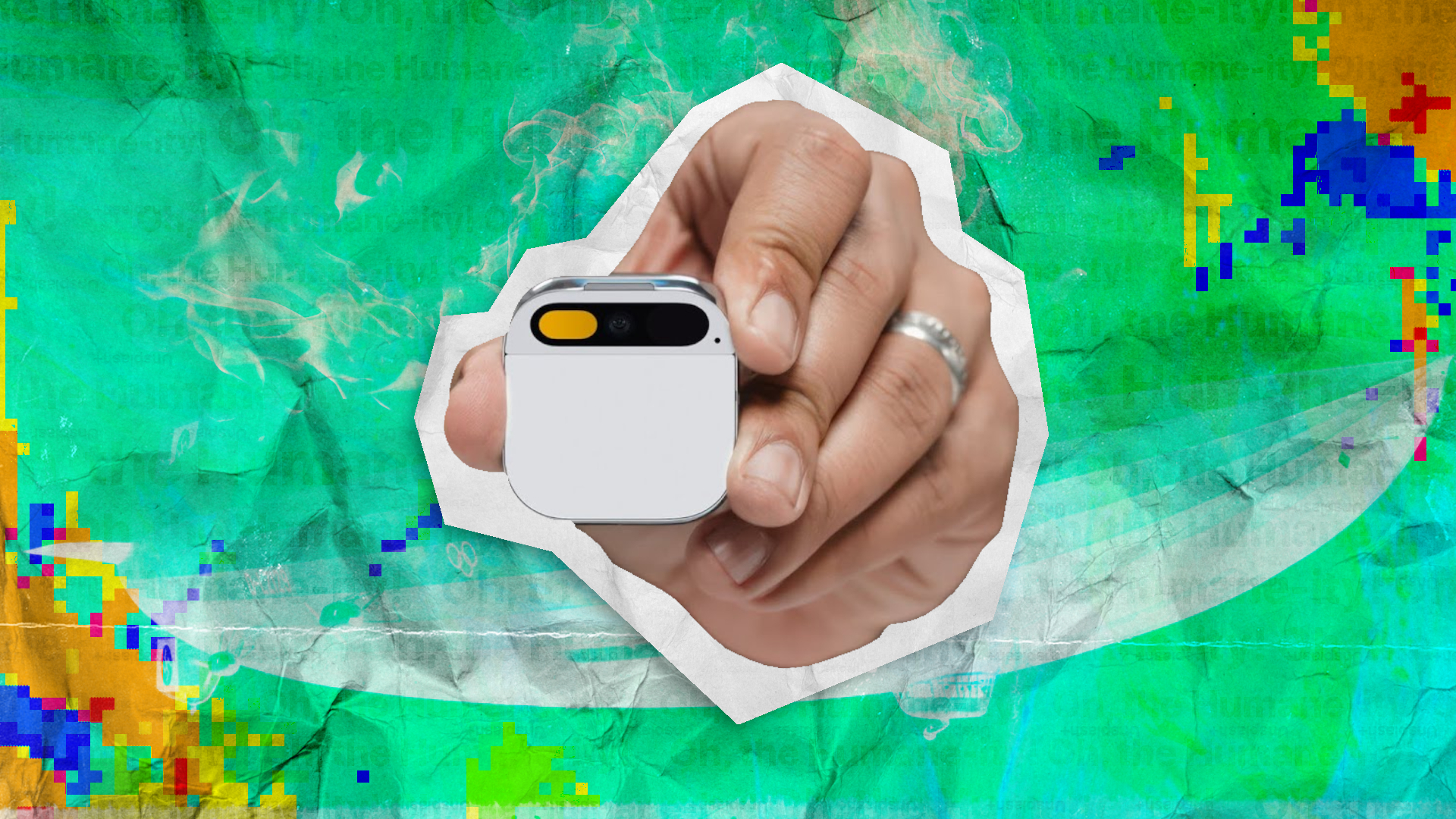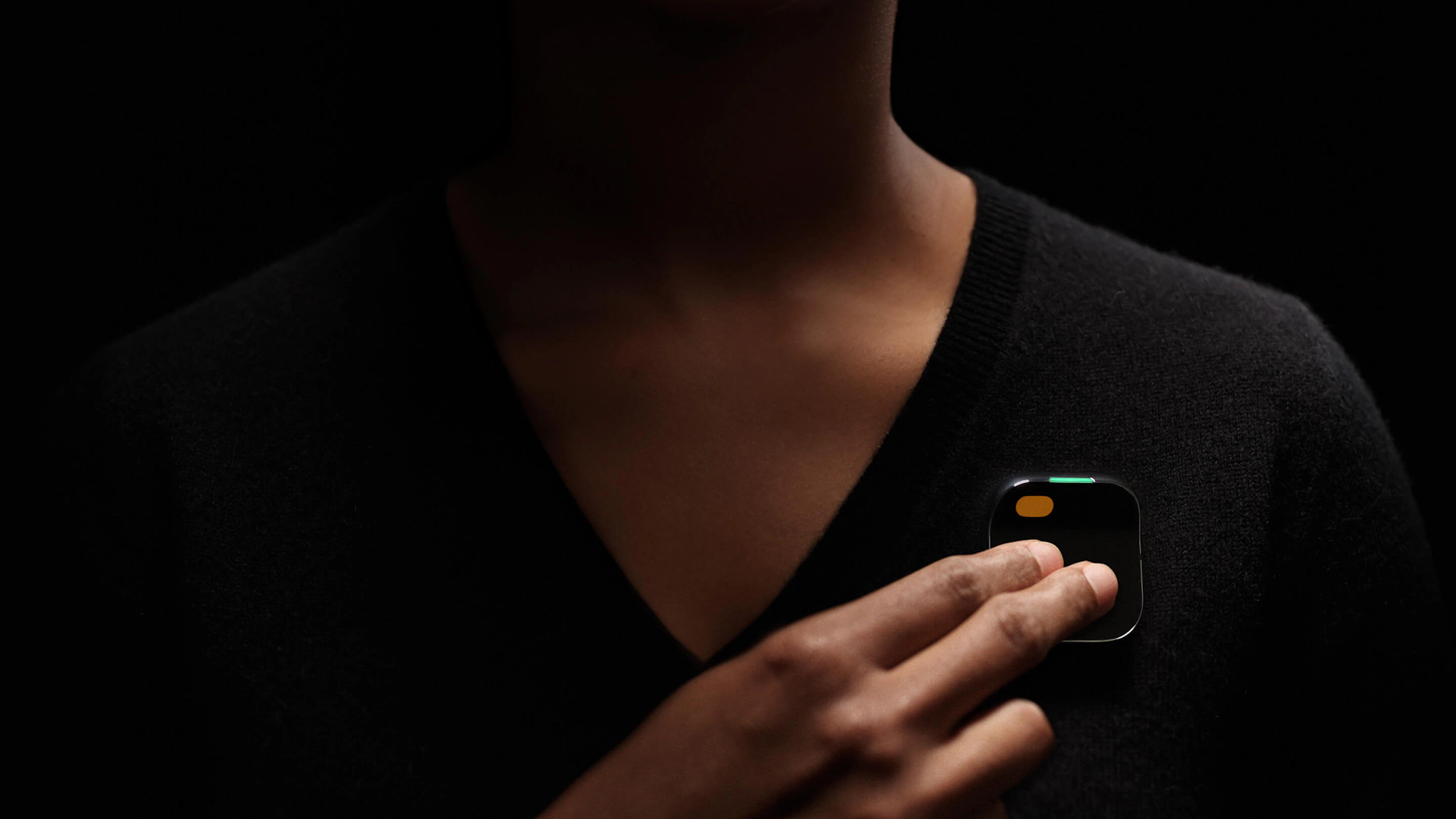The Humane AI pin is dead. I think AI gadgets aren't far behind.
It was a bad week for Humane's Ai Pin but a potentially worse one for AI hardware

If you were banking on Humane's Ai Pin being the Next Great Thing, this week was not your week.
After skidding out of the gate in its debut, Humane's expensive AI gadget spent the last year searching for an audience until, on Tuesday, it was revealed that the company was being sold to HP for spare parts.
The $116 million deal doesn't just shift Humane's ownership from one hand to another; it pretty much guarantees that the company's main product — a magnetic AI-powered pin — will be totally crippled in the process.
According to Humane, owners of the Ai Pin can expect all of the device's main functions to stop working by next week.
That's a blow to Humane and its hopes of selling an entirely new category of hardware, but the failure of the Ai Pin isn't just about Humane, it's about the future of AI hardware.
The Ai Pin experiment
While Humane's pin wasn't the only AI gadget on the scene, it was by far the most high profile.
Before the AI Pin was even released, Humane was positioning its $700 device as a variety of things:: an AI fashion statement, a camera, a personal assistant, and,, in some cases, even a replacement for your phone.
Sign up to receive The Snapshot, a free special dispatch from Laptop Mag, in your inbox.
According to Humane, the AI Pin wasn't just another device; it was a different way of computing. For one, it didn't have a traditional screen; instead, it opted for a projection-based display powered by hand gestures.

Even the projector, though, was meant to be used sparingly. The point was to — with the help of AI — build an ambient computing device that did a lot of what a phone would do but free of the app and screen-based experience.
Those are obviously lofty ambitions, and maybe even admirable ones, but there's just one problem: the Ai Pin didn't really do much of the above.
While the foundations were there, the experience of using the Ai Pin wasn't exactly what most would consider refined — especially for a device that debuted at $700 and required a monthly subscription (for cellular data) to use.
Voice commands weren't exactly consistent, which was a major problem for a device without a screen; pictures from the pin were often dark and grainy; there were major overheating problems with the Ai Pin's charging case that warranted a recall; the list goes on.
Ultimately, there was a disconnect between what the Ai Pin promised to do and what it actually did, and that didn't sit well with current or prospective buyers.
Those stumbles left the Ai Pin in a rough spot and the idea of a new wave of AI gadgets in an even rougher one.

A stumble for Humane is a fumble for AI gadgets
Humane wasn't the only company with stumbles. A similar AI gadget made by Rabbit — its R1 device that does have a screen — faltered similarly out of the gate.
While Rabbit hasn't packed it in (it's currently courting ex-Humane users by giving out free R1s), neither device left a particularly good impression on consumers who were willing or considering taking a leap into AI hardware.
As a result, neither gadget has done much to convince naysayers of AI hardware who have (rightfully) questioned whether either the Ai Pin or the R1 even needed to be standalone devices to begin with. Their contention is that all of it could just be done with an app, which — touché.
Naturally, that leaves AI hardware in a difficult spot. With a less-than-ideal test sample and an unimpressed audience, the case for AI coalescing around a device that's already very popular — your phone — is stronger than ever.
humane ai pin owners - we’re sorry for your loss, and we’re here to help. to start, we’re giving away 500 free r1s to humane ai pin owners looking for a new ai companion 🧵 https://t.co/7OfldcyzUHFebruary 20, 2025
In some ways, that's a shame. Ambient computing, while not executed to the high degree that people expected, was actually an interesting proposition. As much as I love my phone, I also recognize that it hijacks my time and attention around every turn.
If I could compute effectively without being sucked into the app vortex of my phone, I would. Unfortunately, as YouTuber Marques Brownlee put it, the phone is still "OP," which is to say the best way of computing on the go.
So, with a bad taste in the mouths of AI hardware hopefuls and phones hoovering up all of the AI ingenuity, the idea of an AI device feels further from reality than ever.

To hammer that point home even more, it appears that the only employees being retained in HP's acquisition of Humane are those who worked on the gadget's operating system, CosmOS.
As reported by TechCrunch, those employees will be tasked with building AI systems for HP's computers, printers, and conference rooms — a far cry from the pioneering hardware promised by the Ai Pin.
It's hard to say anything with full certainty, but the future of AI hardware doesn't exactly look bright at this point. Maybe Rabbit will save the day with a second go-around, but if I were a betting man my money wouldn't be on more AI pins.

James is Senior News Editor for Laptop Mag. He previously covered technology at Inverse and Input. He's written about everything from AI, to phones, and electric mobility and likes to make unlistenable rock music with GarageBand in his downtime. Outside of work, you can find him roving New York City on a never-ending quest to find the cheapest dive bar.
